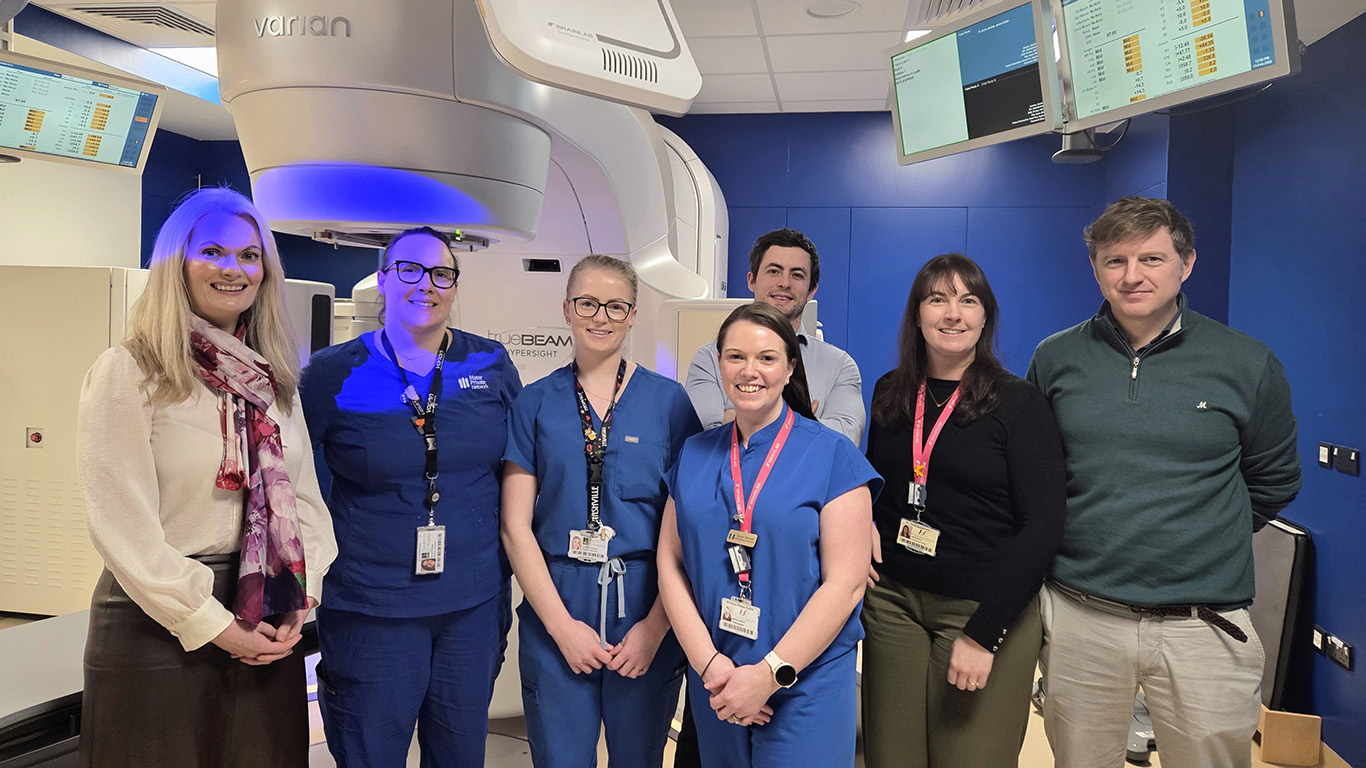09th July 2025
Understanding The Difference Between Heart Attack And Cardiac Arrest
Heart attack and cardiac arrest are terms that most of us are familiar with. They are often used to describe the same medical emergency, but they are not the same thing. Understanding the symptoms of heart attack and cardiac arrest and knowing how to act if you, or someone around you, experiences these symptoms will lead to better outcomes.
.jpg?sfvrsn=f23b0f84_0)
Heart Attack
Heart attacks are a very worrying experience for anyone. A heart attack occurs when a person has a blockage in their artery which restricts blood flow to their heart. Over time, the lack of blood flow will begin to cause the area of the heart supplied by the affected artery to deteriorate. This diminishes the heart’s ability to work properly and this manifests itself through symptoms such as:
- Chest pain or discomfort
- Pain or tightness in shoulders, arms, back, neck or jaw
- Shortness of breath
- Chronic tiredness
- Palpitations
- Nausea
Not all people will have these symptoms. People who have silent heart attacks can have no symptoms, and they may not be diagnosed for days, weeks or months after the event. Women may also experience slightly different symptoms of heart attack than men, such as pain or discomfort in the left breast, feeling hot or flushed, or new issues with vision. More information is available about heart health for women in a previous article.
Cardiac Arrest
Cardiac arrest is an entirely different medical emergency. Cardiac arrest occurs when the heart experiences an electrical malfunction which affects its ability beat correctly. When this happens, the heart is unable to pump blood to the brain and other vital organs. A person who experiences cardiac arrest will lose consciousness and will have no pulse. Symptoms that can indicate that a person is approaching cardiac arrest include:
- Dizziness
- Tiredness
- Shortness of breath
- Nausea
- Chest pain
- Palpitations
- Loss of consciousness
If a person experiences a heart attack, there is an increased chance that they could go into cardiac arrest.
Urgent Cardiac care
Urgent Cardiac Care is available at our Dublin and Cork hospitals.
Learn more
What to do if you or somebody around you experience heart attack or cardiac arrest
Firstly, if you or someone around you is experiencing any symptoms of a heart attack, you should contact your nearest urgent cardiac care facility or emergency services.
If you or someone around you is experiencing symptoms of cardiac arrest, you should follow the same advice by calling for emergency medical assistance immediately. If you are with someone who is experiencing symptoms of cardiac arrest it is vital that you help them. Also seek help from other people around you. With the help of other people, where possible, try to locate an automated external defibrillator (AED) if there is one nearby. Meanwhile, CPR is crucial to increase chances of survival. This includes ensuring the person’s airway is clear before performing hard and consistent chest compressions until emergency services arrive.
How to reduce chances or heart attack or cardiac arrest
Caring for your heart as early as possible in your life will reduce the chances of you experiencing a heart attack or cardiac arrest. You can undergo a HeartCheck at Mater Private Network to understand your heart health risk factors and begin to make changes to your life using the individualised advice supplied to you through this service.
Generally, though, making changes to your lifestyle will have a significant impact on your heart health. Positive changes can include:
- Increase cardiovascular exercise.
- Maintain a balanced diet.
- Avoid smoking.
- Decrease alcohol consumption.
- Undergo regular blood pressure checks.
- Learn about your cholesterol levels.
Mater Private Network’s Urgent Cardiac Care service is available to patients who have urgent cardiac symptoms such as chest pain, palpitations, or breathlessness.
This service is available in our hospital on Eccles Street, Dublin 7, 24 hours a day, seven days a week, and you can contact the service by calling 1800 247 999.
Urgent Cardiac Care is also available, by appointment only, in our hospital in Mahon, Cork from 8am to 8pm, Monday to Friday, and you can contact the service by calling 021 601 3326.










.jpg?sfvrsn=688c79b5_1)
.jpg?sfvrsn=ca53d7a8_1)

